What to do if you have a problem or argument with your housemate in supported housing
What to do if you have a problem or argument with your housemate in supported housing

Other people you live with in supported housing are your housemates.
Housemates are people you live with who are not your family.

Having a problem or argument with your housemate is never a nice thing.

It can make you angry and upset.

You might even start thinking about moving out.

But moving out is a big decision because:

- it can be very difficult to find a new place

- the new place could be even worse than where you are living now

- you could become homeless.

It is a good idea to try to make things better first.
If problems are fixed, you might enjoy living with your housemate again.

Speak to your housemate if you can
Try to speak to your housemate to see if you can work things out together to make things better.
Only speak to your housemate if it is safe.
Do not put yourself at risk of being hurt.

Ask someone for help to talk to your housemate
Speak to your
support worker
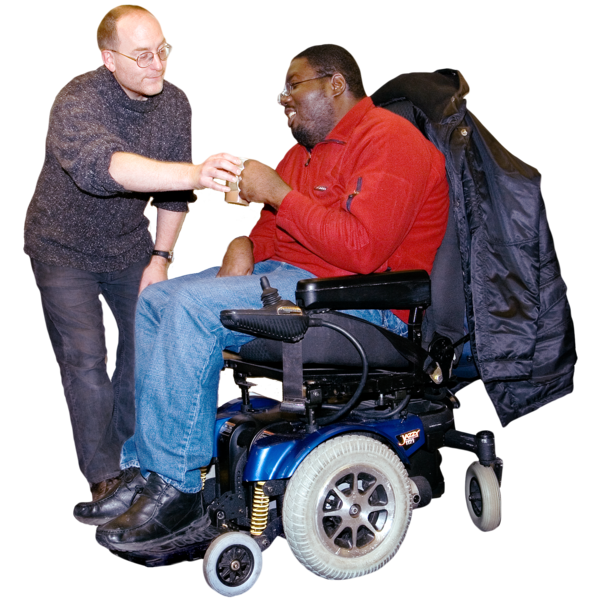 Support workers
Support workers
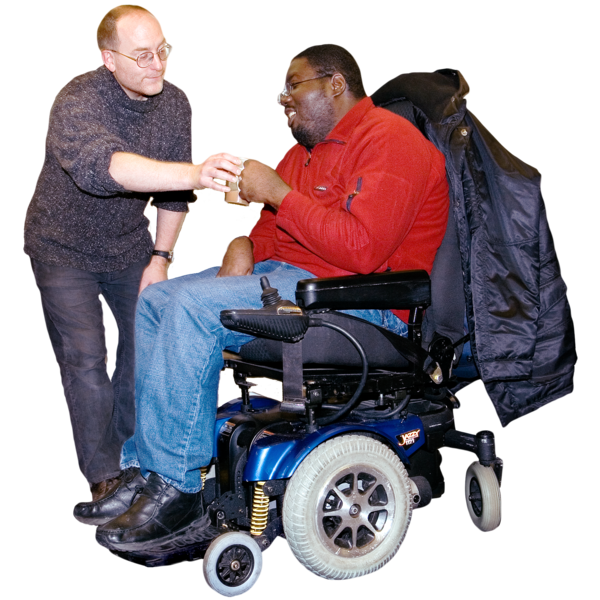 Support workers are people who are paid to give care and support to people who need it.
are people who are paid to give care and support to people who need it.
,
social worker
Support workers are people who are paid to give care and support to people who need it.
are people who are paid to give care and support to people who need it.
,
social worker
 A social worker is someone who can help you get the support you need. Social workers usually work for your local
council
A social worker is someone who can help you get the support you need. Social workers usually work for your local
council
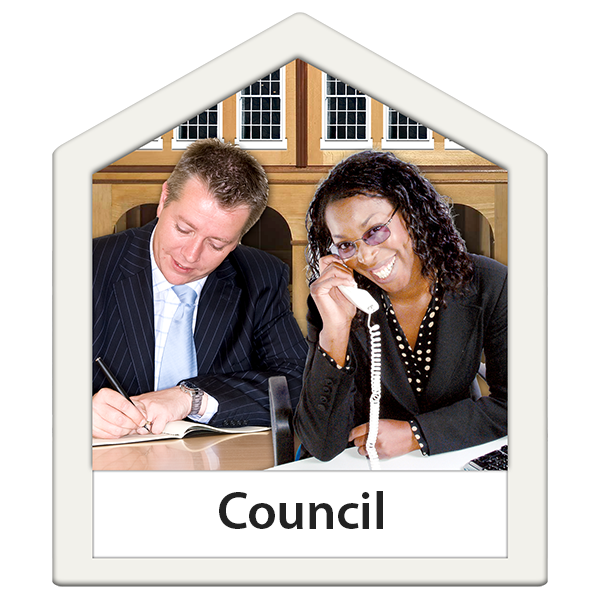 A council is also called a
local authority
A council is also called a
local authority
 A local authority is also called a council. They are a group of people who make decisions about some of the things in the area where you live like schools,
social care
A local authority is also called a council. They are a group of people who make decisions about some of the things in the area where you live like schools,
social care
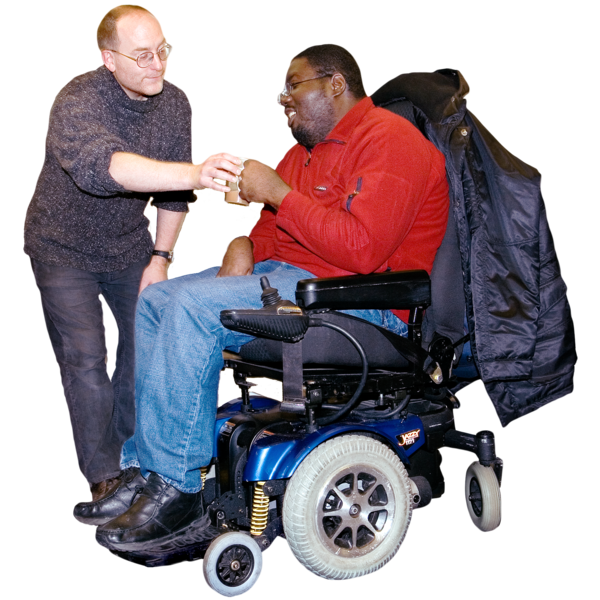 Social care means the services that give care and support to people who need it.
(support for people), parks and dustbin collection.
. They are a group of people who make decisions about some of the things in the area where you live. These include: schools, social care (support for people), parks and dustbin collection.
.
or a family member about what is going on.
Social care means the services that give care and support to people who need it.
(support for people), parks and dustbin collection.
. They are a group of people who make decisions about some of the things in the area where you live. These include: schools, social care (support for people), parks and dustbin collection.
.
or a family member about what is going on.
They could give you advice about what to say and do.
You could also ask them to:

- talk to your housemate in a calm way

- tell the
landlord
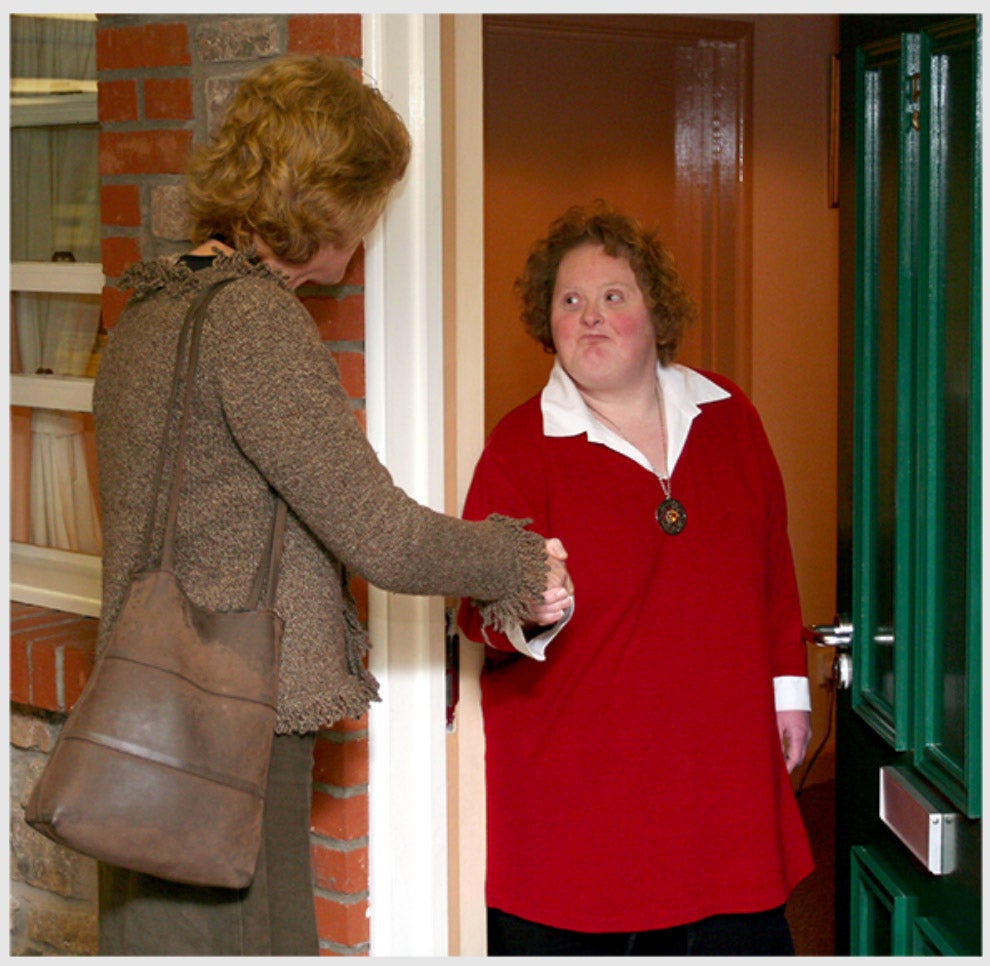 A landlord is the owner of a property which they rent out to tenants. They can be a council, a housing association, or an individual person.
about your housemate's behaviour
A landlord is the owner of a property which they rent out to tenants. They can be a council, a housing association, or an individual person.
about your housemate's behaviour

- organise a meeting for you and your housemate to talk.

Organise a meeting to talk to your housemate
Your support worker, social worker or a family member could help you have a meeting with your housemate.
Having a meeting could help you sort things out and agree how to make things better in the future.

Your support worker or social worker could also talk to you and your housemate separately.
Knowing each other’s feelings and points of view can make it easier to agree what to do to make everyone feel better.

Think about telling your landlord
You could tell your landlord about your housemate's behaviour.
Your landlord could:

- warn your housemate about their behaviour

- give them a notice to leave.

Your landlord could also offer to move you or your housemate to another place if they have one.

But your landlord could tell you to solve the problem yourself.

Or they could give you a notice to leave.

Call the
Learning Disability
 A learning disability is to do with the way someone's brain works. It makes it harder for someone to learn, understand or do things.
Helpline on 0808 808 1111 for advice if you are told to leave.
A learning disability is to do with the way someone's brain works. It makes it harder for someone to learn, understand or do things.
Helpline on 0808 808 1111 for advice if you are told to leave.

Only tell your landlord if you think it is safe.
Do not put yourself at risk of being hurt by your landlord or your housemate.

Always tell your support worker, social worker or a trusted family member or friend if someone:

- hurts you or says they will hurt you

- scares you

- takes your money.
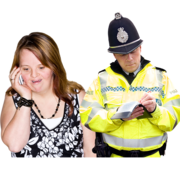
Call the police on 999 if someone is treating you badly or hurting you.

Call the Learning Disability Helpline on 0808 808 1111 for more advice on what to do.
